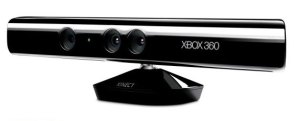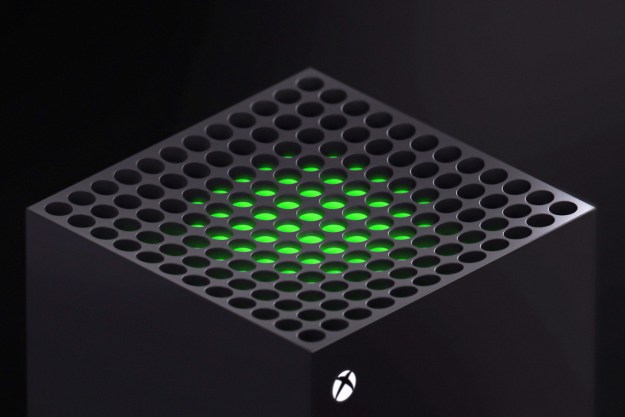
When Microsoft formally introduced its Kinect motion-sensing interface system for the Xbox 360 at E3 (see Digital Trends’ first impressions), the company left out one critical little detail: pricing. Gamers who can’t wait to literally jump into the action were thrilled yesterday when third-party retailers started listing the accessory with a $150 price tag, and although Microsoft still hasn’t come out with any kind of formal pricing announcement, its own online store now lists Kinect for $149.99.
Kinect is set to go on sale November 4, 2010, just in time for the end-of-year holiday buying season. Given that November is still so far away—and Microsoft is going to be seeing competition from the likes of Sony Move for the PlayStation 3 and, of course, the more-affordable motion sensing technology from Nintendo—current price listings may not reflect actual prices consumers will pay come November.
Microsoft is looking to the Kinect system—which enables users to control games using their bodies rather than a physical controller—as a way to breath some life into its aging Xbox 360 console gaming franchise. Although Microsoft has seen strong success with Xbox Live, online gaming, and a plethora of top-selling titles, Sony’s Blu-ray equipped PlayStation 3 is finally gaining some momentum in the marketplace after years of sluggish sales. Although some industry watchers expect Microsoft to sell millions of Kinect units right out of the gate, ultimately, Kinect’s success will come down to game developers’ ability to create engaging content using the controller system.
Editors' Recommendations
- How to sail solo in Sea of Thieves
- Xbox Games Showcase coming this summer alongside mysterious game reveal
- The most common Xbox Series S problems and how to fix them
- I’m secretly hoping that the leaked all-white Xbox Series X isn’t real
- Xbox Series X vs. PS5: Which should you buy in 2024?


